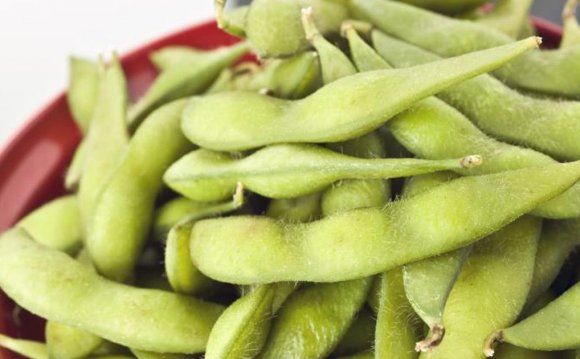
 For women, menopause is a reality check that your body is changing. This is a time to take care of yourself by making healthy lifestyle choices. Eating well and being physically active will make this midlife transition easier.
For women, menopause is a reality check that your body is changing. This is a time to take care of yourself by making healthy lifestyle choices. Eating well and being physically active will make this midlife transition easier.
About Menopause
Every woman has to face this "change of life" at the time of her last period. On average, women reach menopause at age 51, but it can happen earlier or later. Menopausal symptoms vary with every woman. Common symptoms include hot flashes, night sweats, weight gain around the middle, sleep disturbances and mood changes. However, some women go through menopause with no real symptoms.
What causes menopause? Hormones. As women age, your ovaries produce less estrogen and progesterone, two of the main hormones for reproduction. As estrogen levels go down, one of the first signs of "menopausal transition" is irregular periods in which bleeding is unusually heavy or light; the time between periods also may become longer.
Weight Gain with Menopause
Due to lowering hormone levels and the natural aging process, many women find it harder to keep extra pounds off in their 40s and 50s. Often women lose muscle and gain fat, mainly in the belly area. Lifestyle factors come into play, too — menopausal women tend to be less active and eat more calories than they need.
Health Risks Associated with Menopausal Weight Gain
Let's face it: When we gain weight, we don't feel good. It can be uncomfortable and cause low self esteem. But that's not all. Weight gain is related to health issues including high cholesterol, high blood pressure and insulin resistance (a condition in which your body cannot use insulin correctly, which can lead to diabetes).
Avoiding a "Midlife Metabolic Crisis"
Plan for your body's natural metabolic slowdown. As with any time in life, there are no quick fixes when it comes to weight loss. There are, however, ways to avoid a midlife crisis when it comes to a slowing metabolism.
- Be physically active. Adults should do at least 30 minutes of moderate-intensity exercise most days of the week. Exercise doesn't have to mean a trip to the gym. You can be active doing daily activities. Take the stairs; park further away from your destination and walk; garden; or dance.
- Eat Right. Foods such as vegetables, fruits, whole grains, low-fat dairy products and lean protein foods contain the nutrients you need without too many calories.If you drink alcohol, limit yourself to one drink a day.
Avoid oversized portions. Try using a smaller plate, bowl and glass. Cook more often at home where you are in control of what's in your food. When eating out, choose lower calorie menu options. Choose dishes that include vegetables, fruits and whole grains.
INTERESTING VIDEO












